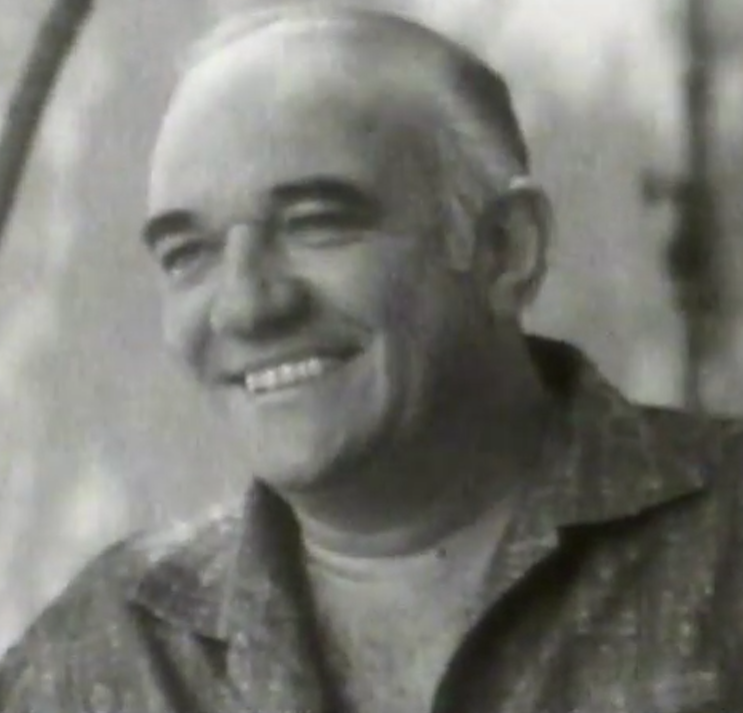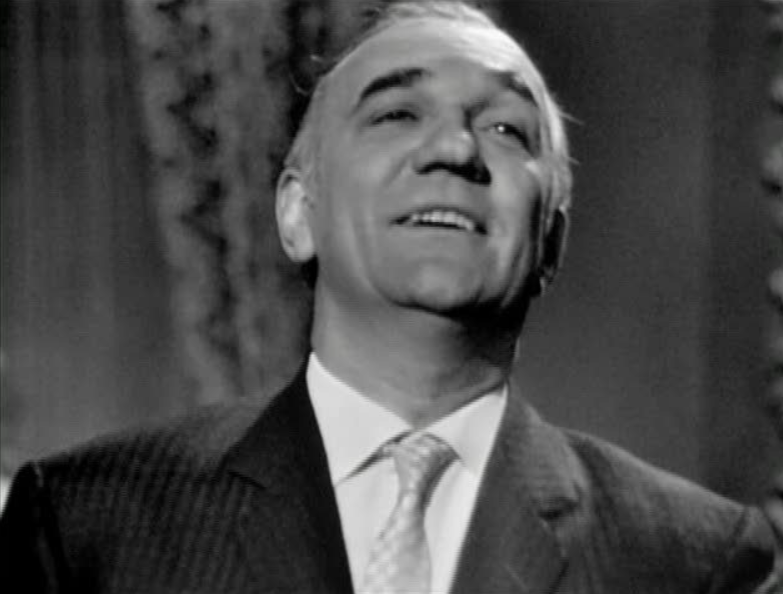Episode 147. The Young Gabriel Bacquier
SOCIAL SHARE
SUBSCRIPTION PLATFORM
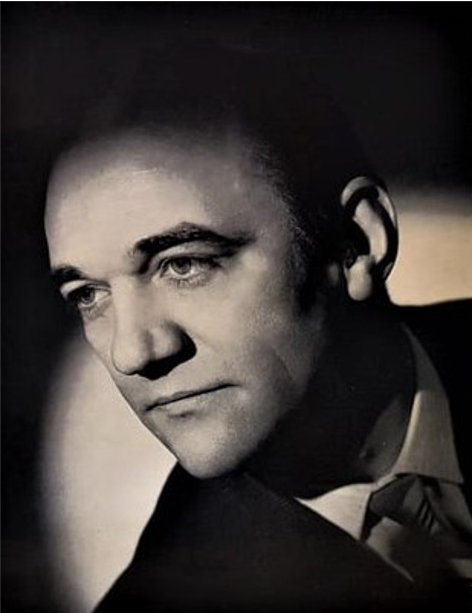
Two years ago last month, the great French (bass-)baritone Gabriel Bacquier died just four days short of his 96th birthday. At that time I offered a brief memorial tribute which opened my eyes to aspects of his artistry and voice with which I had been previously unfamiliar. Like his near-contemporary, the Italian baritone Tito Gobbi, Bacquier was one of the supreme actors of the operatic stage, whose voice coarsened somewhat over the course of his long career, even as his mastery as an actor and interpreter increased. By the time he retired, his repertoire consisted almost entirely of buffo parts. But in the earliest years of his career (and also like Gobbi), he possessed a baritone of velvety beauty that might surprise those who know only his later comic roles. This episode, which commemorates the second anniversary of Bacquier’s death as well as his (posthumous) 98th birthday, focuses on the three different musical genres in which, in those early years, from 1953 through 1968, he excelled in equal measure: opera, of course, but also mélodie and operetta. The operatic portrayals represented include the title roles in Don Giovanni and Orphée et Eurydice; Zurga in Les Pêcheurs de perles; the Count in Le nozze di Figaro; Iago in Otello; Golaud; and his incomparable Scarpia, which he sang opposite every great Tosca of the 1960s with the exception of Callas. Complementing these live and studio recordings are recordings of melodies by Duparc, Fauré, Debussy, Ravel, and Poulenc; and operetta arias by Sigmund Romberg, Franz Lehár, Johann Strauss II, and Reynaldo Hahn, all deliciously sung in French. Vocal guest stars include Mirella Freni; Alain Vanzo; Bernard Demigny; Janine Ervil; Yvonne Gall, with whom Bacquier studied at the Conservatoire de Paris; and the late Renate Holm, the renowned German soubrette who died in April at the age of 90. In all this repertoire, Bacquier, who insisted on the appellation “acting singer” rather than “singing actor,” displays his commitment to clear yet full projection of text, which serves as a mirror into the music and not the other way around.
RECORDINGS HEARD IN THIS EPISODE
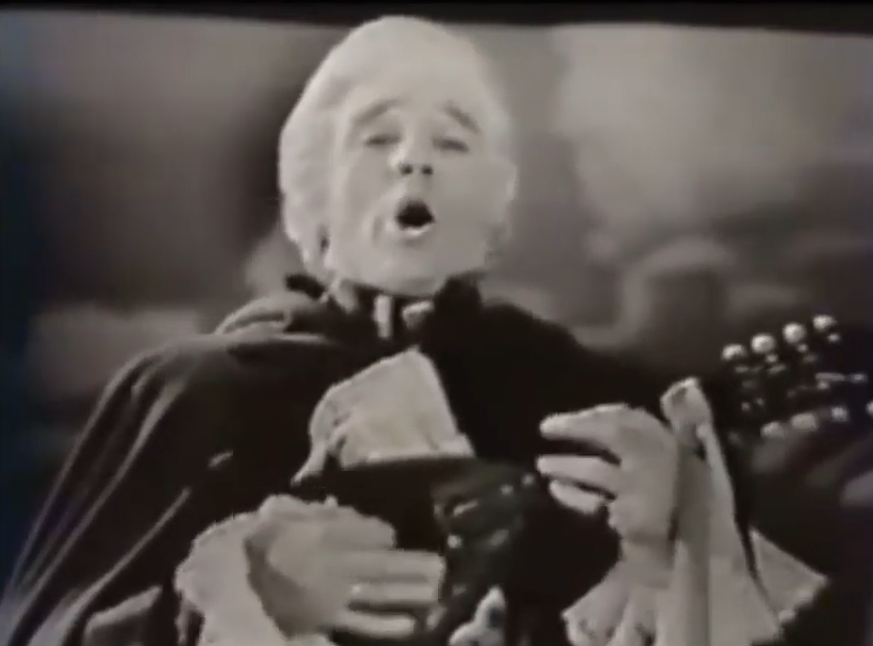
Wolfgang Amadeus Mozart, Lorenzo da Ponte: Deh, vieni alla finestra (Don Giovanni). Gabriel Bacquier, Alberto Erede, Orchestre de la Société des Concerts du Conservatoire [live Aix-en-Provence 07.1960]
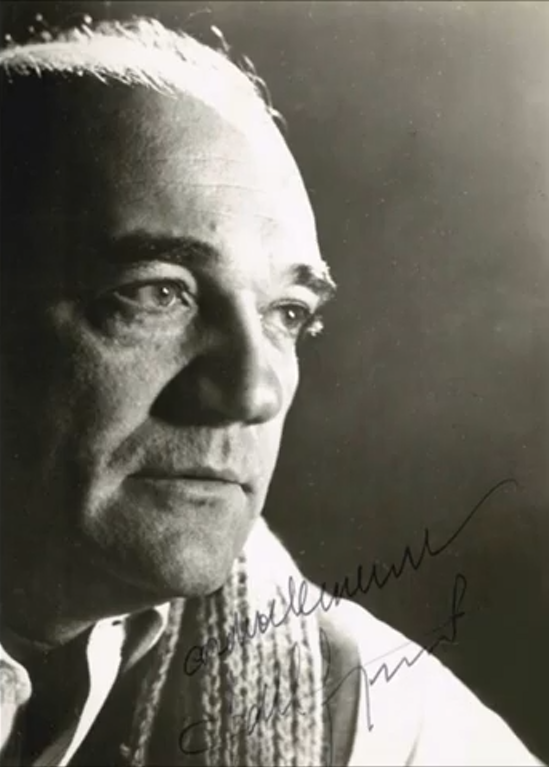
Henri Duparc, Jean Lahor: Chanson triste. Gabriel Bacquier, Jean Laforge [1962]
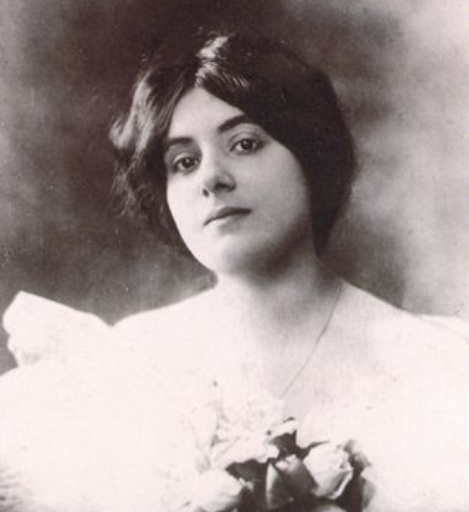
Benjamin Godard, Armand Silvestre, Victor Capoul (after Alphonse de Lamartine): Berceuse [Oh, ne t’éveille pas encore] (Jocelyn). Yvonne Gall [1928]
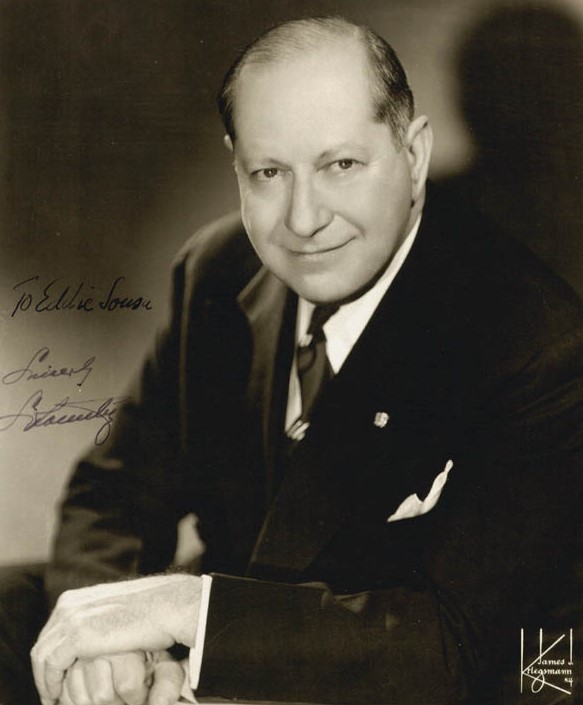
Sigmund Romberg, Roger Ferréol, Saint-Granier (after Oscar Hammerstein II, Otto Harbach): Je ne veux que son amour (Le Chant du Désert [The Desert Song]). Gabriel Bacquier, Orchestra conducted by Fernand Terby [1953]
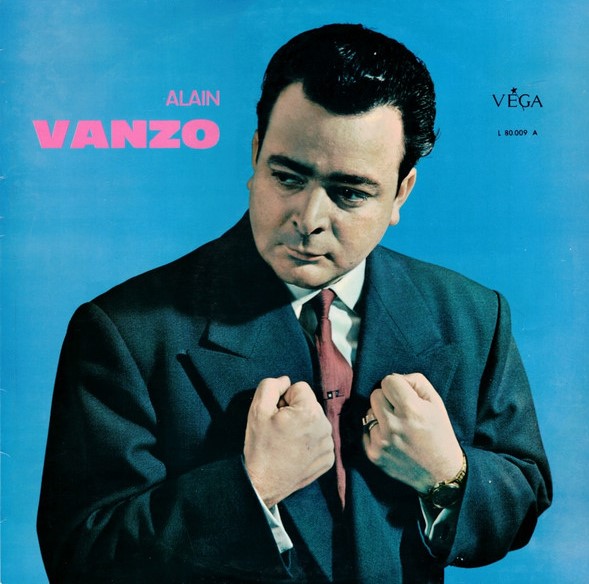
Georges Bizet, Michèle Carré, Eugène Cormon: Au fond du temple saint (Les pêcheurs de perles). Gabriel Bacquier, Alain Vanzo, Manuel Rosenthal, Orchestre Radio Lyrique [live Paris 25.VI.1959]
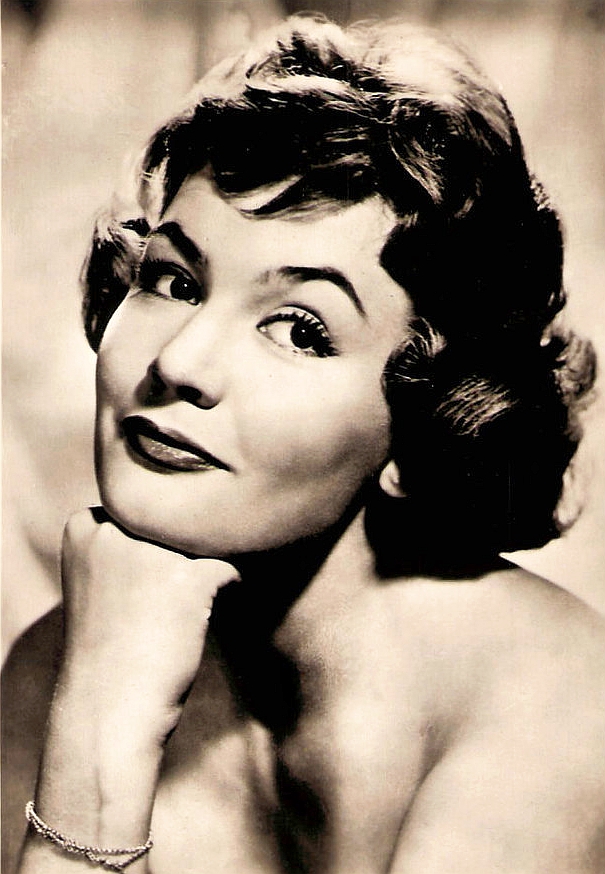
Wolfgang Amadeus Mozart, Lorenzo da Ponte: Là ci darem la mano (Don Giovanni). Gabriel Bacquier, Renate Holm, Fernando Previtali, Orchestra of the Teatro Colón [live Buenos Aires 09.1966]
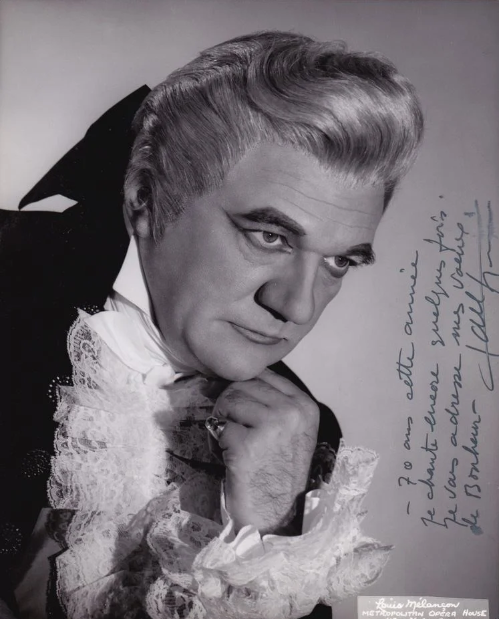
Giacomo Puccini, Paul Ferrier (after Giuseppe Giacoso, Luigi Illica): Ha più forte sapore la conquista violente (Tosca). Gabriel Bacquier, Manuel Rosenthal, Orchestre National de l’Opéra de Paris [1960]
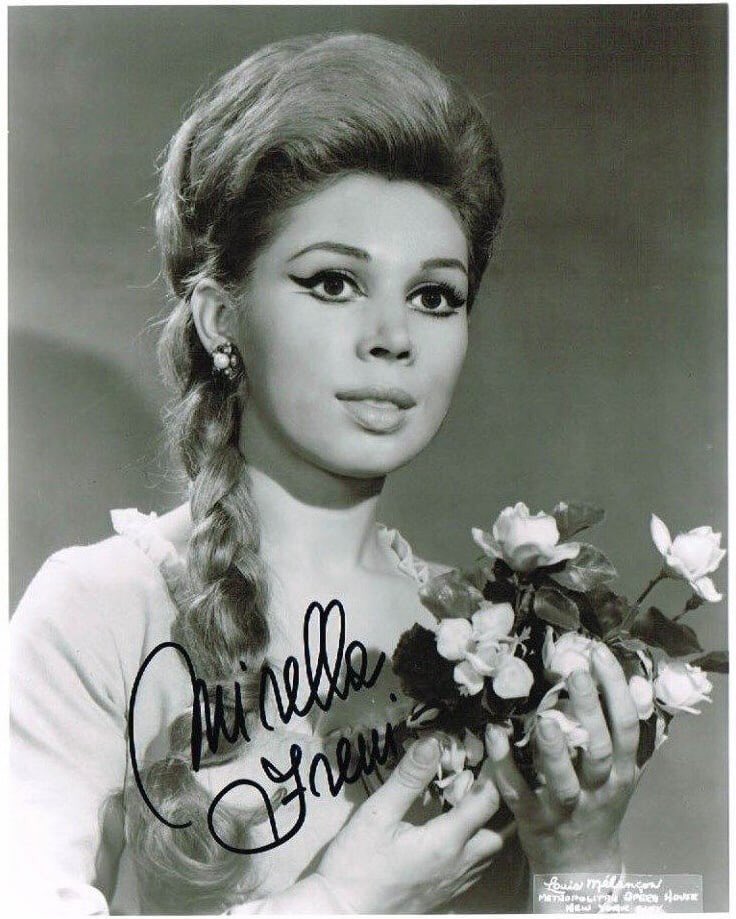
Wolfgang Amadeus Mozart, Lorenzo da Ponte: Crudel, perchè fin’ora (Le nozze di Figaro). Gabriel Bacquier, Mirella Freni, Silvio Varviso, London Philharmonic Orchestra [live Glyndebourne 1962]
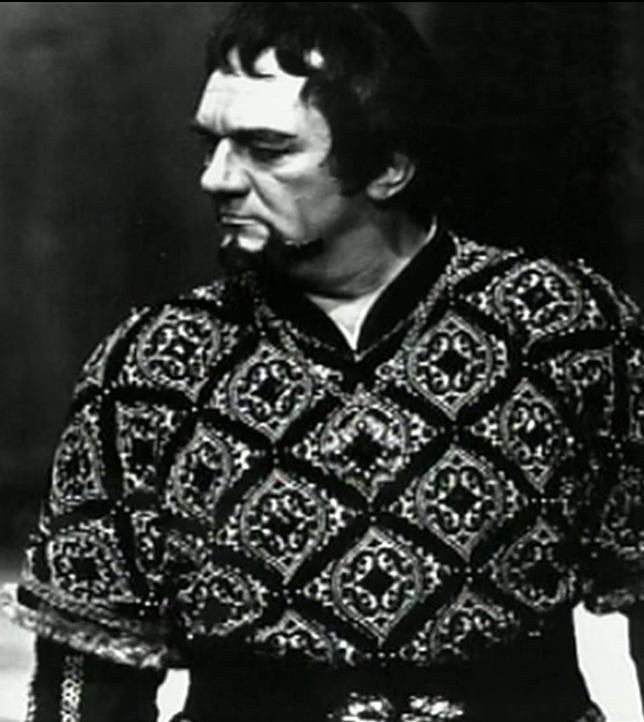
Giuseppe Verdi, Arrigo Boito: Era la notte (Otello). Gabriel Bacquier, Orchestra conducted by Jésus Etchéverry [1963]
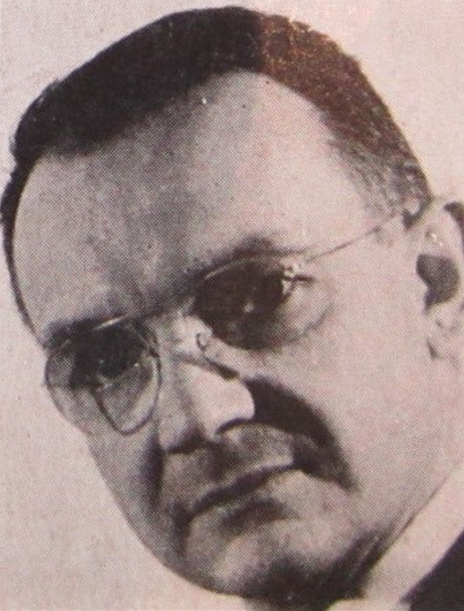
Darius Milhaud, André Gide: Le retour de l’enfant prodigue [two excerpts]: Mon fils! que le jour où tu reviens; Mon père! mon père! Le goût sauvage des glands. Gabriel Bacquier, Bernard Demigny, Darius Milhaud, Solistes de l’Orchestre du Théâtre National de l’Opéra [1960]
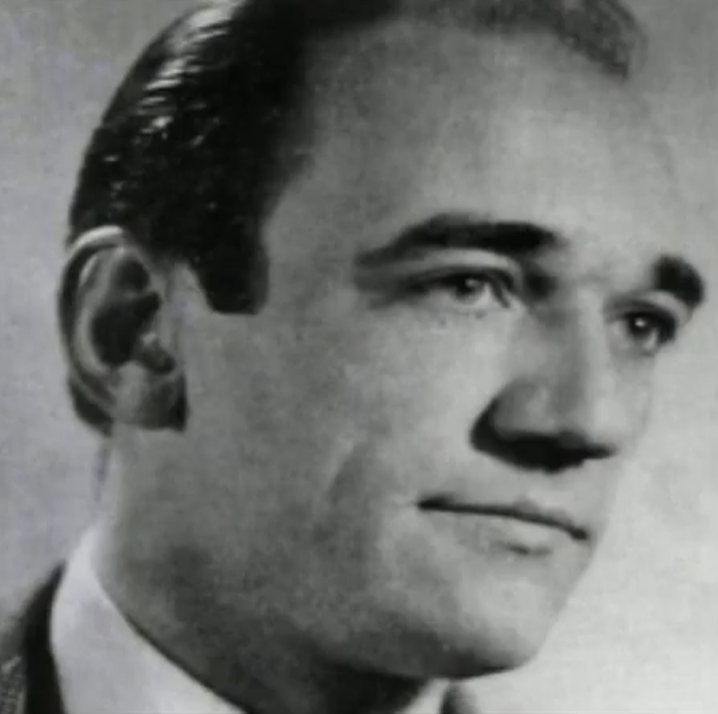
Reynaldo Hahn, Robert de Flers: Air du mouchoir [C’est tout ce qui me reste d’elle] (Ciboulette). Gabriel Bacquier, Orchestra conducted by Jean Laforge [ca. 1958]
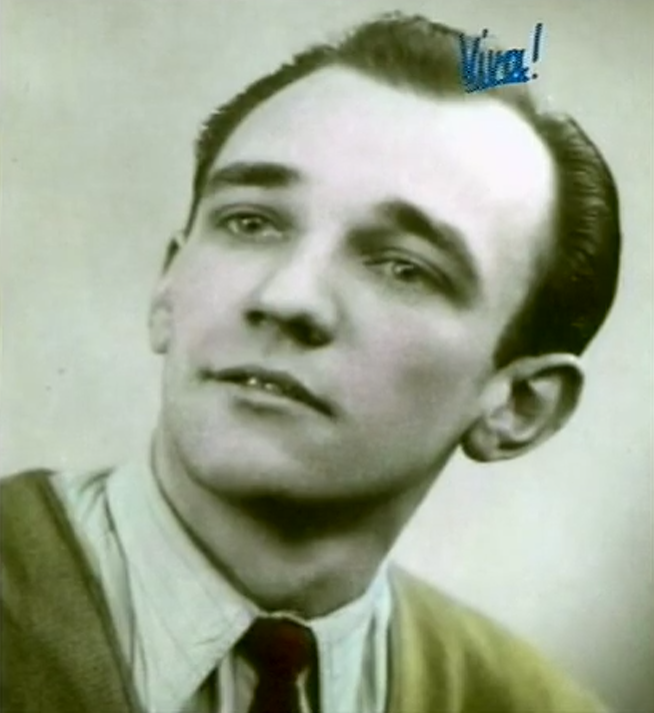
Franz Lehár, André Rivoire (after Paul Knepler, Bela Jenbach): J’avais cru qu’un baiser [Gern hab’ ich die Frauen geküßt] (Paganini). Gabriel Bacquier, Jean Laforge, Orchestre de l’Opéra de Paris [1961]
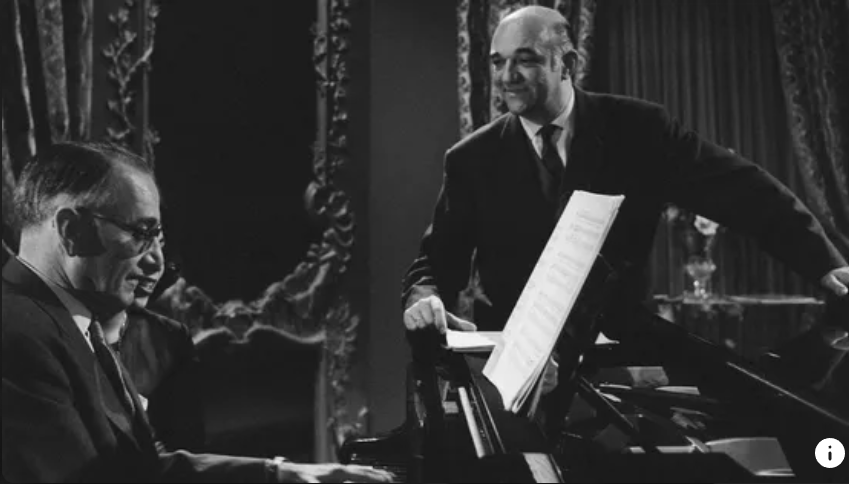
Gabriel Fauré, Armand Silvestre: Automne, Op. 18/3. Gabriel Bacquier, Jean Laforge [1962]
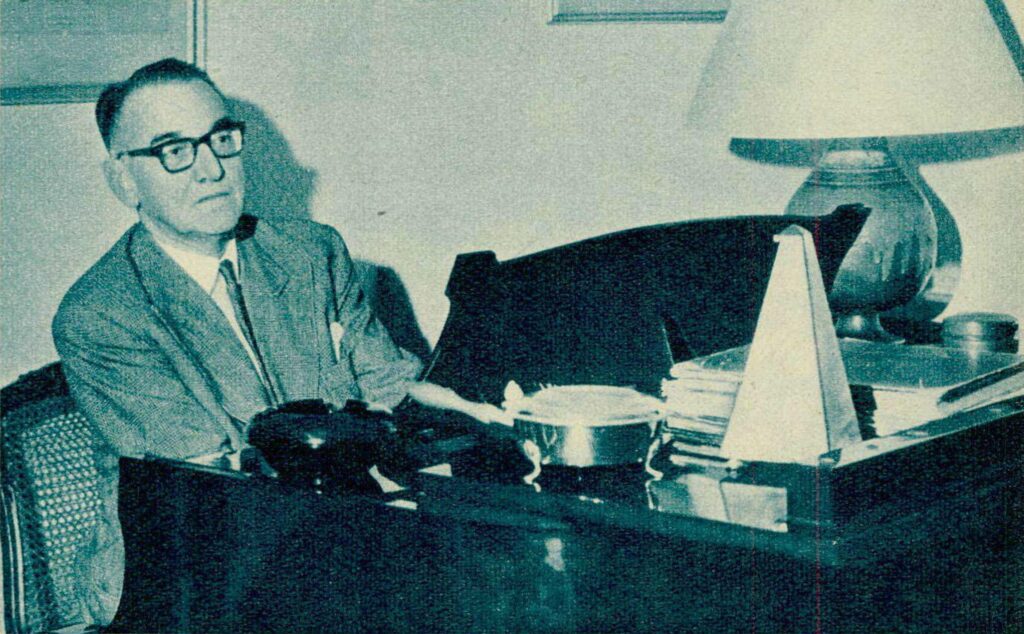
Francis Poulenc, Robert Desnos: Le disparu, FP 134. Gabriel Bacquier, Jacques Février [1967]
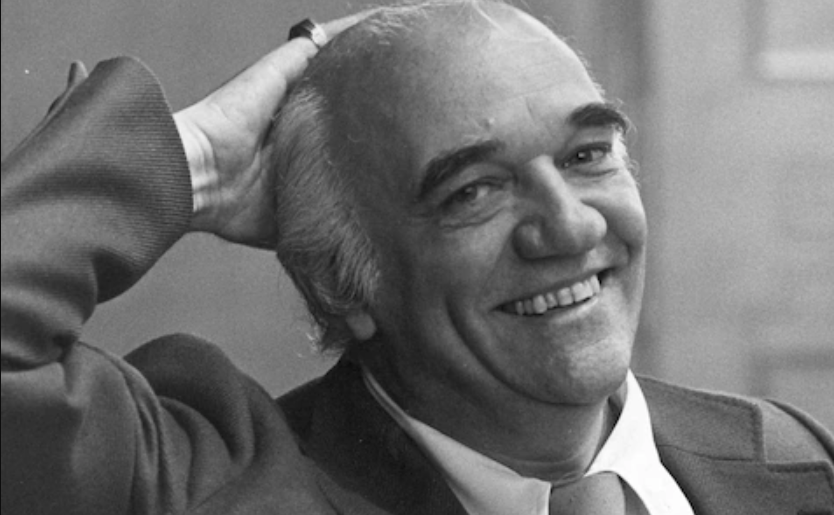
Claude Debussy, Paul Verlaine: Chevaux de bois (Ariettes oubliées. L. 63b/4). Gabriel Bacquier, Jean Laforge [1962]
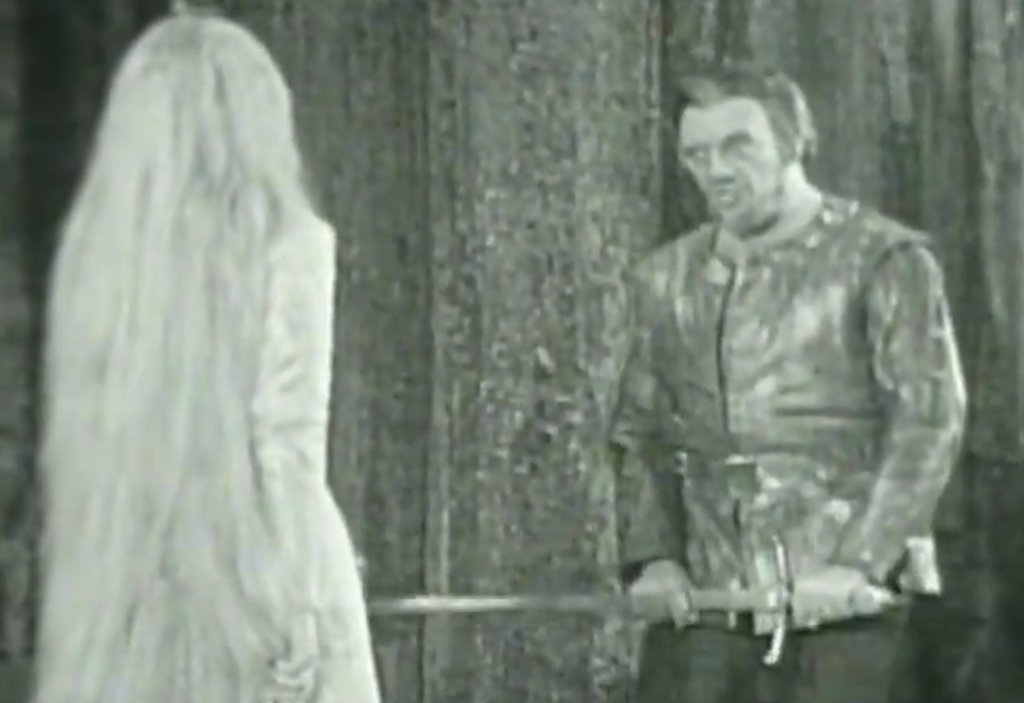
Claude Debussy, Maurice Maeterlinck: Une grande innocence (Pelléas et Mélisande). Gabriel Bacquier, Serge Baudo, Orchestre de Paris [live Aix-en-Provence 1968]
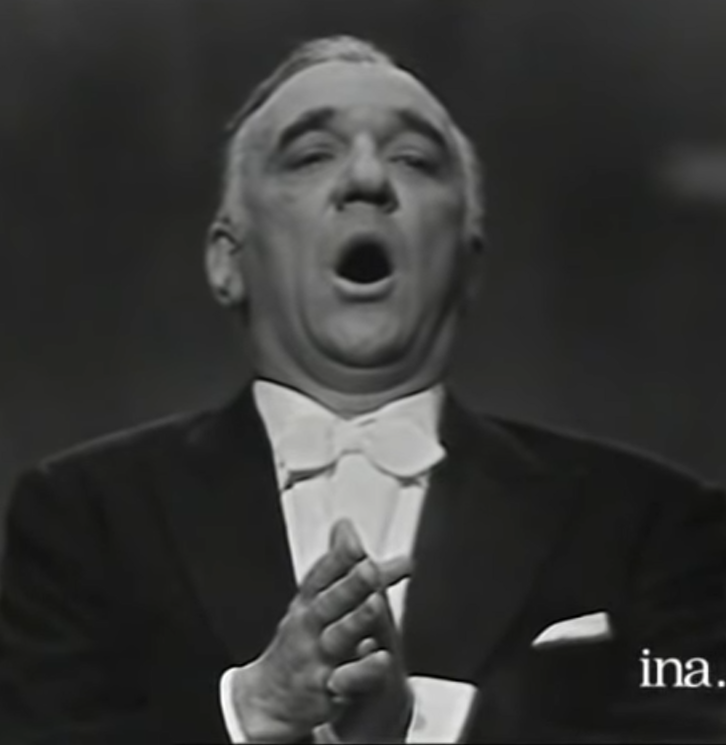
Maurice Ravel, Paul Morand: Chanson épique (Don Quichotte à Dulcinée, M. 84/2). Gabriel Bacquier, Jacques Houtmann, Orchestre National de la RTF [live Paris 26.III.66]
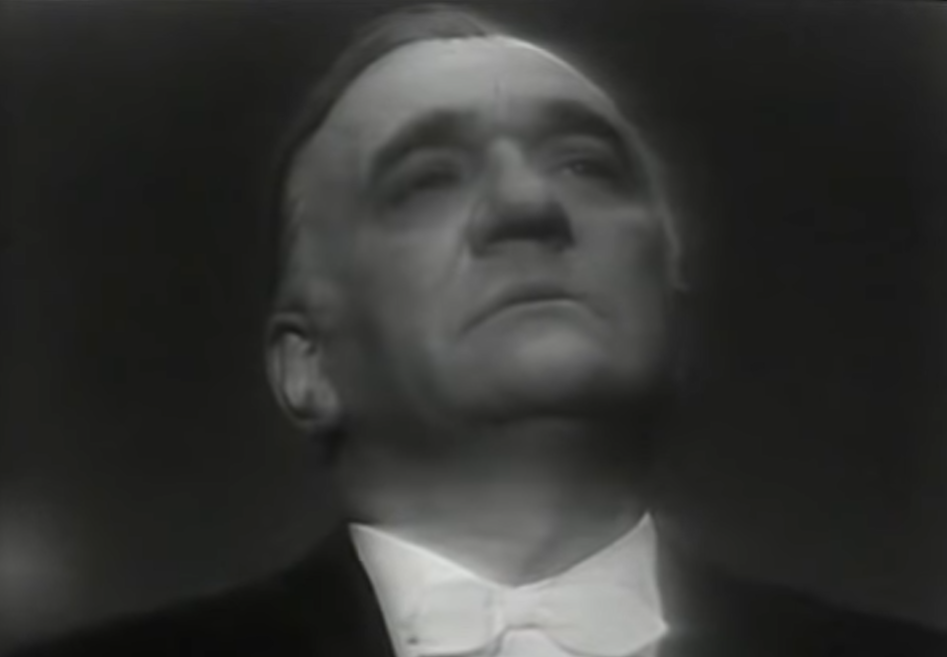
Christoph Willibald Gluck, Pierre-Louis Moline (after Rainer de’ Calzabigi): J’ai perdu mon Eurydice (Orphée et Eurydice). Gabriel Bacquier, Jacques Houtmann, Orchestre National de la RTF [live Paris 26.III.66]
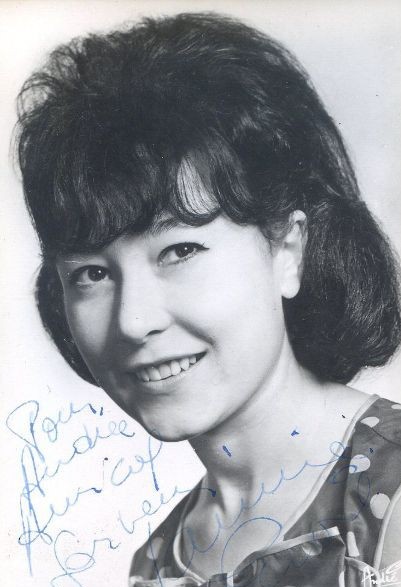
Johann Strauss (père et fils), arr. and adapted Eugène Cools, A. Mouézy-Eon, Jean Marietti, Max Eddy: Adieu, musique (Valses di Vienne). Gabriel Bacquier, Janine Ervil, Orchestra conducted by Félix Nuvolone [1958]
